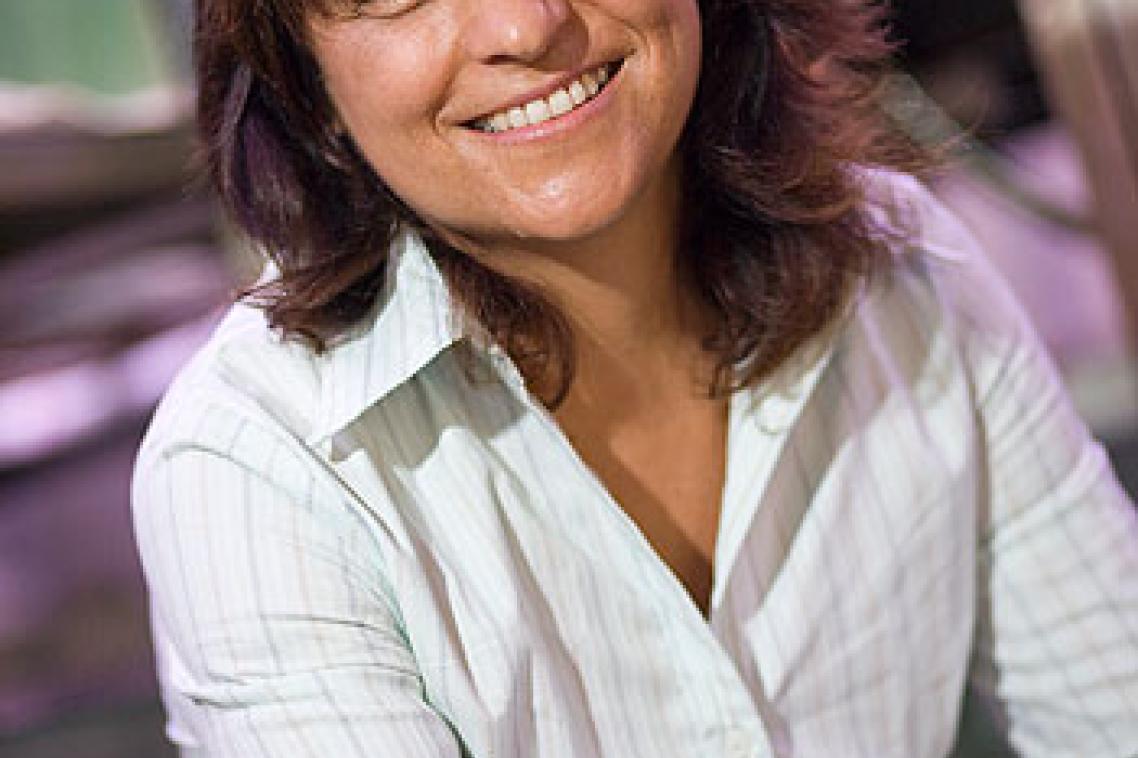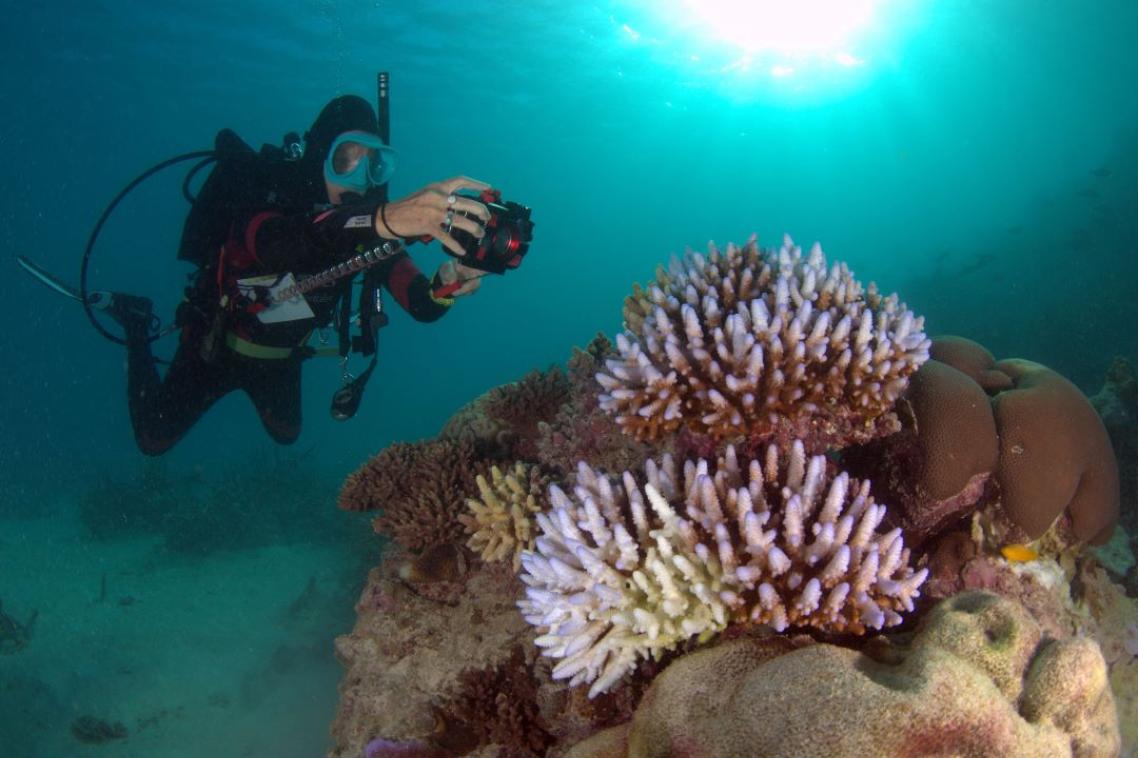Fish sleep more soundly when they have a mosquito net

UQ research has found fish have developed their own mosquito nets in order to get a good night’s sleep.
Dr Alexandra (Lexa) Grutter, from UQ’s Centre for Marine Studies, said while most fish guide books and biology textbooks presumed mucous cocoons protected fish from nocturnal predators such as moray eels, no experimental studies had examined their function.
“In our study, we exposed coral reef parrotfish with and without cocoons to ectoparasitic gnathiids overnight,” Dr Grutter said.
“Fish without mucous cocoons were attacked more by gnathiids, than the fish with cocoons.
“Fish that spent their time building the cocoons before tucking in to bed at night were protected, much like humans putting on a mosquito net.”
Fish sleeping soundly in mucous cocoons is a sight that has long-fascinated recreational scuba divers and is often a main attraction on night dives.
Dr Grutter and her team are believed to be the first to investigate this remarkable occurrence.
“Fish seek cleaner fish to remove these ‘marine mosquitoes’ during the day,” Dr Grutter said.
“At night, when cleaner fish sleep, mucous cocoons act like ‘mosquito nets’, allowing fish to sleep safely without being constantly bitten, a phenomenon new to science.”
This study showed that cocoons protect fish from the parasites that bite like mosquitoes.
The research will be published on November 17 in Biology Letters.
Media: Dr Grutter (07 3365 7386, a.grutter@uq.edu.au) or Tracey Franchi (07 3365 4831, t.franchi@uq.edu.au)
Images of Dr Grutter can be viewed online.
For high-resolution versions, please contact Matthew Taylor (07 3365 2753, uqimages@uq.edu.au)
Related articles

Thousands of Queensland reef photos lead to worldwide change
Algae unlocks a cheaper, greener and more ethical way to grow cells
Media contact
UQ Communications
communications@uq.edu.au
+61 429 056 139
